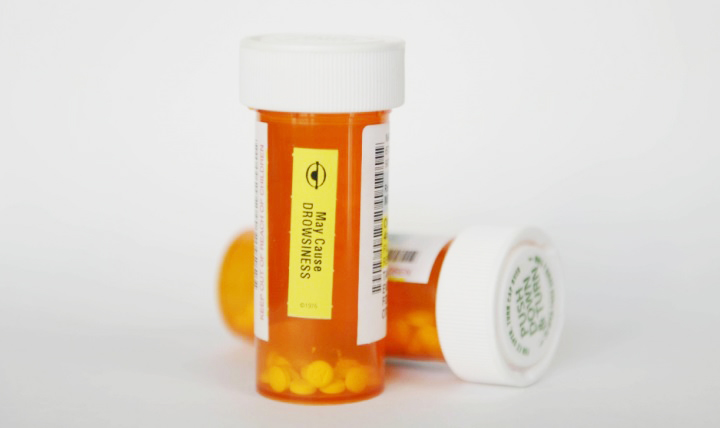The 2018 midterm elections are quickly approaching, as current North Dakota Democratic Sen. Heidi Heitkamp races against Republican nominee Kevin Cramer to keep her seat in the Senate.
Throughout her election, one particularly crucial topic of discussion and debate has been tackling what Heitkamp declares an “opioid crisis” and its effects on rural North Dakota.
As the opioid epidemic becomes an increasing problem across the nation, Sen. Heitkamp is doing what she can to help every sector of North Dakota.
In a press release, Sen. Heitkamp addressed the opioid crisis and the unique challenge North Dakota faces in this area.
Heitkamp recently told the local area about an act she’s helped introduce called the Opioid Response Enhancement Act. With the act, Heitkamp aims to “expand a critical federal grant program to provide $12 billion over five years for local organizations to treat drug abuse and addiction while preventing further overdoses,” according to the press release. The act would also grant flexibility for communities, including individual tribes, to allocate funding to areas they believe it can best help.
The bill is intended to build on the current LifeBOAT Act that Heitkamp also helped introduce, which provided funds for opioid intervention and treatment options.
Included in the act is the need for towns and communities of all sizes to have plans in effect if they wish to receive any amount of federal money to fight the epidemic.
During a roundtable discussion that took place the first week of March, Heitkamp heard the concerns of people within the community, including concerns of the Beulah-Hazen region’s ability to create an effective and coordinated response to the “ongoing drug epidemic.”
This commentary ended up focusing on North Dakota’s more rural communities, including comments about how crucial hospitals are to small communities and how any loss of federal funding could harm the well-being of locals and residents. It was also noted that rural communities face unique challenges concerning opioids and drug abuse that include struggling with prevention, treatment and recovery efforts. The big problem is that these areas do not get as much attention as big cities.
Smaller communities face issues related to transportation and access to care. They also often face isolation and stigmas related to many people in the community knowing that an individual has an addiction problem. But without doing anything, North Dakota continues to be one of the states with one of the more significant increases in opioid related deaths.
Across the United States, deaths as a result of drug-related incidences have risen in rural communities. According to the press release, the number of deaths related to drugs in North Dakota between 2013 and 2016 increased by 400 percent.
Because of this dramatic increase, Heitkamp is now planning to host listening sessions beginning in May across North Dakota with community leaders and other members of the community, such as law enforcement and families. Heitkamp continues to push against cuts in health care bills that would slash Medicaid.
As she looks forward, Heitkamp hopes to pass legislation to combat opioid abuse and introduce more federal resources, convene statewide leaders to battle drug crime comprehensively and engage statewide leaders to push back against this crisis.
